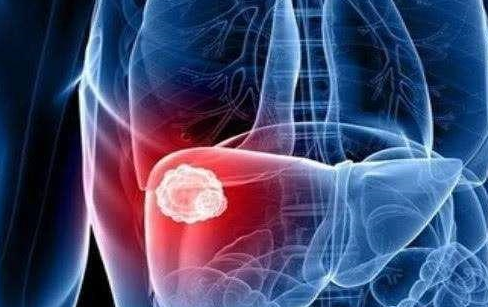The liver is one of the vital organs in the human body, often referred to as the “central bank.” It is responsible for metabolism, as well as various functions such as digestion, nutrient storage, and more. If any issues arise with the liver, our body will face multiple risks.
Conditions like fatty liver, high blood pressure, high cholesterol, diabetes, and so on. Especially for those who drink alcohol regularly, the liver assists in metabolizing alcohol and detoxifying the body from ethyl alcohol and acetaldehyde. Over time, the liver, constantly under pressure, is prone to problems.
In modern nutrition, there is no concept of “eating liver to nourish the liver.” Theoretically, even if we consume a large amount of liver daily, whether chicken liver or pork liver, these foods are broken down into small substances during digestion.
It is widely known that the liver serves as a detoxifying organ in the human body, just as it does in animals. Pig liver may contain traces of heavy metals, veterinary drugs, and other components. A study even revealed that pig liver may have more residue of veterinary drugs compared to the meat itself, but moderate consumption is generally safe.
Overconsumption can lead to food poisoning. In the pursuit of nourishing the liver by consuming liver, the opposite effect may occur.
Hence, it is advisable to consume liver in moderation, with the recommended intake of pig liver being around 100g per person per day, ideally once or twice a month.
Moderate consumption can provide essential nutrients found in pig liver such as vitamin A, iron, B vitamins, proteins, calcium, zinc, and more. Notably, pig liver is rich in vitamin A, with 2486 micrograms of vitamin A per 100g, which is beneficial for eye health. It is a good choice for individuals suffering from eye strain, night blindness, dry eyes, and similar conditions.
Therefore, it is best to consume pig liver in moderation. If feeding infants, the serving size should not exceed 20g. Whether for adults or children, ensure that pig liver is thoroughly cooked, as undercooked liver may pose health risks despite its palatability. It may harbor bacteria and other issues that are detrimental to health.
Dear friends, do you consume pig liver for liver health? Feel free to share your thoughts below.


